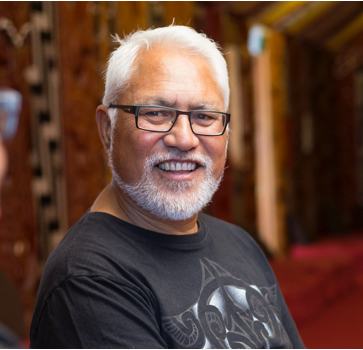Overview and key terms
Introduction
Te Kooti Whenua Māori (the Māori Land Court) and Te Kōti Pīra Māori (the Māori Appellate Court) have jurisdiction to deal with Māori land matters in Aotearoa New Zealand, including the status, ownership, management and use of Māori land. They also have jurisdiction over Māori fisheries claims. This chapter is a helpful starting point for anyone dealing with kaupapa Māori legal issues.
How Māori land law is different from other land law
Although it’s subject to many of the same laws as other land in Aotearoa, Māori land is also different in some key ways. Under Te Ture Whenua Māori Act 1993 (the Māori Land Act), there are significant restrictions on transferring ownership of the land, whether by succession on the death of an owner or through the selling or gifting of the land. The Act favours ownership of Māori land staying with the owners’ whānau, hapū and descendants.
The Māori Land Court enforces those restrictions. Most dealings with Māori land are scrutinised by the court and require a court order. For example, the sale of Māori land is not complete until the Court issues an order confirming that the sale may go ahead.
Because most Māori land has multiple owners, Te Ture Whenua Māori Act also provides various management structures and other methods that the owners can use to make decisions about the land more effectively – for example, by forming themselves into an incorporation or by putting the land under the care of trustees.

